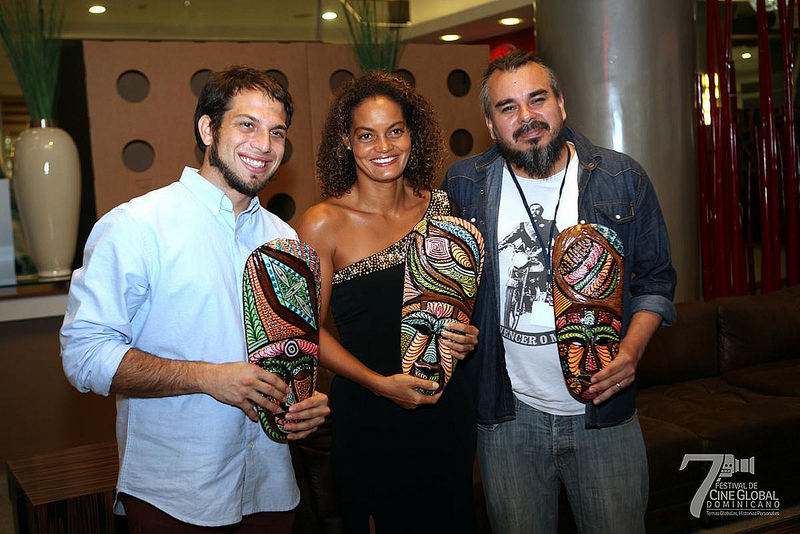|
|
||
|
Pro Tools
FILMFESTIVALS | 24/7 world wide coverageWelcome ! Enjoy the best of both worlds: Film & Festival News, exploring the best of the film festivals community. Launched in 1995, relentlessly connecting films to festivals, documenting and promoting festivals worldwide. Working on an upgrade soon. For collaboration, editorial contributions, or publicity, please send us an email here. User login |
Conversation with Catherine MurphyCatherine Murphy wrote, produced and directed the important documentary, Maestra, about young women’s participation in the Literacy Brigades that took place one year after the Cuban revolution. “The small percentage of people who knew how to read and write in Cuba at the time went out teach the rest of the country,” said Ms. Murphy who recently earned a Masters degree in Social Development at the University of Havana where she lives when she is not on the road with her new documentary, teaching Cuban history or advocating for literacy, which is her passion. Statistics about the success of the Cuban literacy campaign are staggering but realistic and very achievable: In 1961, 250,000 volunteers taught 700,000 people to read and write in one year. 100,000 of the teachers were under 18 years of age. Over half of them were women. Maestratells the personal stories of the youngest female literacy workers – 50,000 were teenagers, some as young as 12, who went into the mountains and valleys across the island to teach reading and writing. “Years later, the vast majority of them said the experience changed their lives. They spent a year away from home working among the peasants on their land and teaching entire families to read,” said Murphy, originally from San Francisco where she grew up with her grandparents who spent most of their lives in Cuba. “I spoke to many of the women who were involved all those years ago who now have high level jobs in different fields like architecture, science or leading professors, and they told me that having taught people to read back in those days was the most important thing they’d done in their lives,” said Catherine. She refers to the immensely successful literary campaign as a “living symbol of what’s possible, a path to joy through service especially in these days when things seem to be falling apart all around us after the Bush years of cuts to education and preference for banks and corporations.” Murphy added that the film, with its focus on literacy and education, is very relevant to the US these days as teachers are being sabotaged and blamed for young people not learning when in fact the government is cutting school budgets, teachers’ salaries and closing down schools. According to a US Department of Education survey, 1 in 5 adults in the United States have major issues reading and writing. “Illiteracy is a global problem and it’s invisible,” said Murphy. “The Cuban literacy campaign took the problem on as a national issue and worked together to solve it.” 19.11.2013 | Festival de Cine Global Dominicano's blog Cat. : Catherine Murphy PEOPLE
|
LinksThe Bulletin Board > The Bulletin Board Blog Following News Interview with IFTA Chairman (AFM)
Interview with Cannes Marche du Film Director
Filmfestivals.com dailies live coverage from > Live from India
Useful links for the indies: > Big files transfer
+ SUBSCRIBE to the weekly Newsletter Deals+ Special offers and discounts from filmfestivals.com Selected fun offers
> Bonus Casino
User imagesAbout Festival de Cine Global DominicanoMy festivalThe EditorUser contributions |

























 De la Cruz Omar
De la Cruz Omar 


